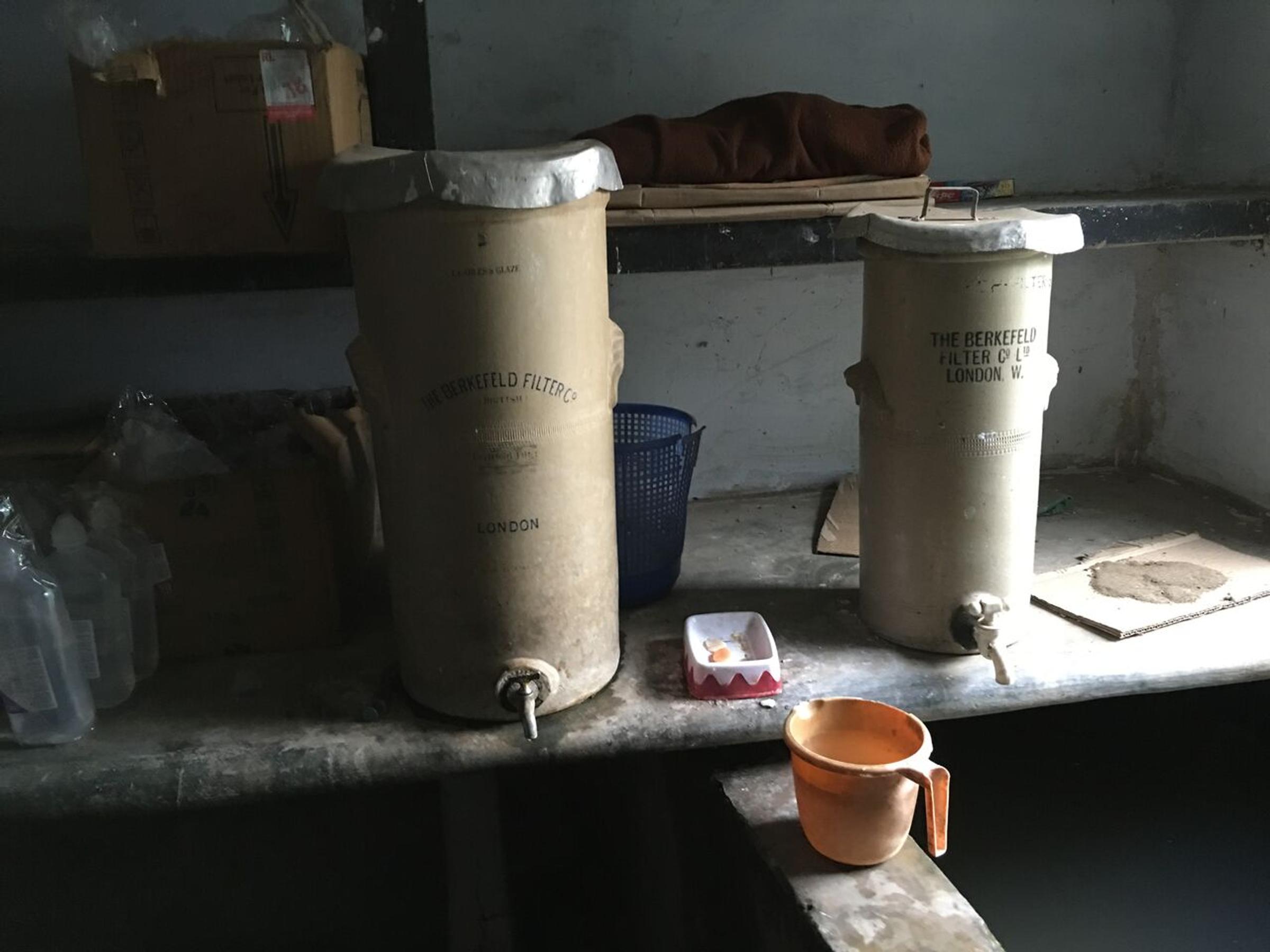International engagement

Paul Komesaroff
The Royal Australasian College of Physicians
The following is an excerpt from the August 2017 newsletter from the update from Adult Medicine Division (AMD) of the Royal Australasian College of Physicians. Professor Paul Komesaroff, President of the AMD, eloquently expresses the need for those of us in high-income countries to be engaged in global health.
‘There are two key sets of developments that have changed the way we need to look at global health. First, in a globalised world, health and health care can no longer be understood or addressed in purely local terms. Their conditions are not limited within national boundaries. The effects of climate change, environmental degradation, industrial development, depletion of resources, war and social conflict, are experienced by all people in all the countries across the world. Whereas only a few years ago it may still have been possible to question the impact of such large-scale developments, this is no longer the case. Whether we like it or not, we are enmeshed in a global system that extends to almost everything we do, professionally, socially and personally.
Secondly, there has been increasing recognition that the old models of foreign and humanitarian aid are defective, and often do more harm than good. Aid paradigms that are premised on “donors” providing “aid” to “recipients”, often generate major unintended consequences, such as inhibiting local sustainable development, intensifying dependency, and breeding corruption. There has been increasing recognition of the need for equitable partnerships that break with the old colonial models, allow poorer countries to define their own pathways to development and achieve reciprocal benefits for all involved parties. Accordingly, much “development” work these days involves joint projects that respond to the complexity and specificity of local condition to develop capacity and resources, breaking entrenched cycles of dependency, inequality, poverty and disease.’
The full letter can be found here:
